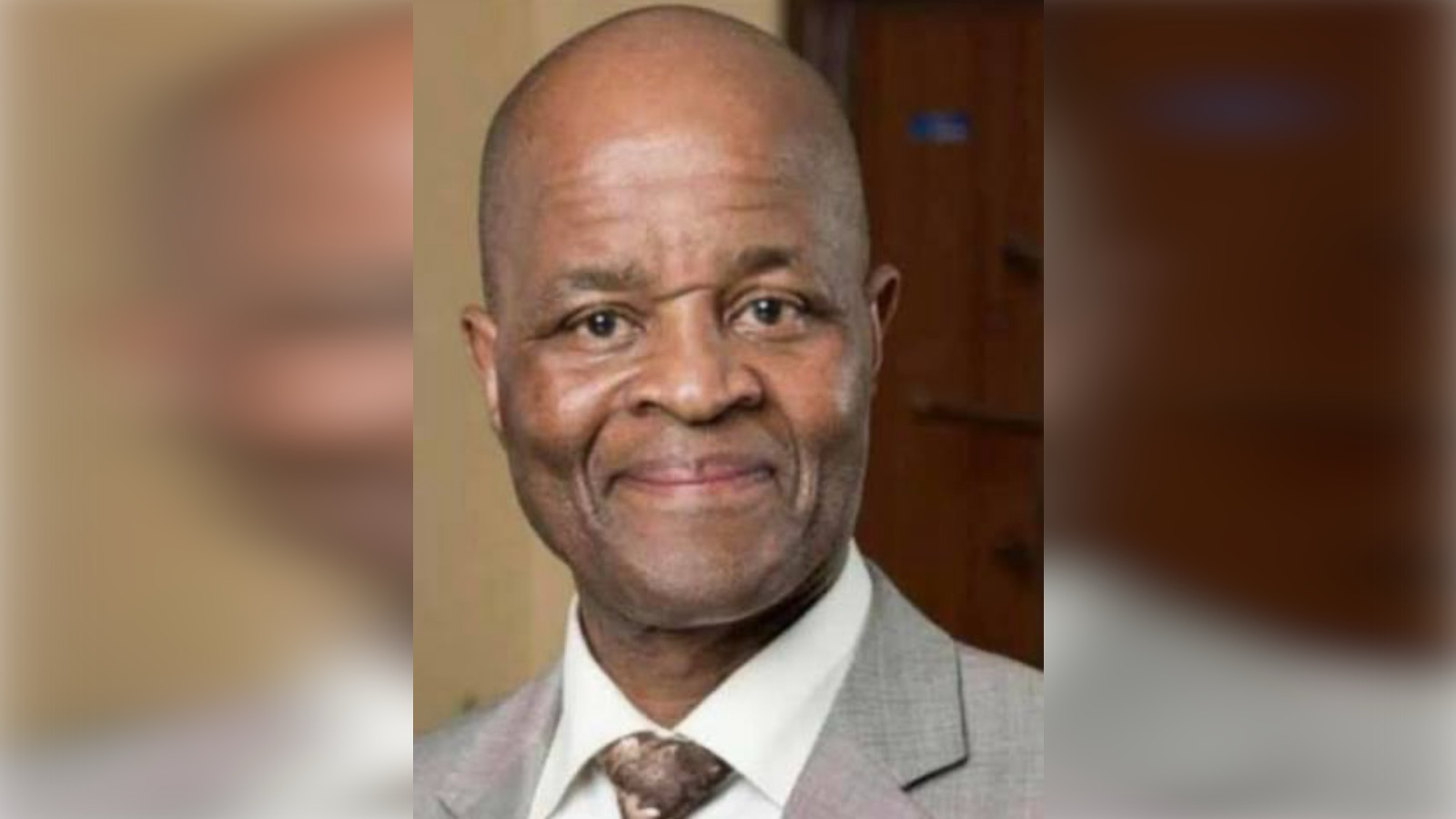
MTHANDENI CLEMENCY: COME ONE, COME ALL FOR ROYAL FORGIVENESS YOU WONT BE THE FIRST AND WONT BE THE LAST SAYS PERCY SIMELANE
Those planning to follow Mthandeni Dube’s example and seek political clemency should know there is “nothing new or rare” in what they will be doing doing. This is according to the King’s spokesperson, Percy Simelane, who says defections and repentance have existed “since time immemorial.”
Simelane was speaking to Swazi Bridge following public debate over Dube’s apology to the King, which paved the way for his conditional release from prison this week. “Defection is as old as mankind,” Simelane said.
“Lucifer turned two-thirds of angels against God, promising them positions after dethroning their maker. Defection actually started when there were only four people on earth — Adam was first, then Eve, Cain, and Abel. After killing Abel, Cain defected and escaped to the East. So nothing is new on this subject. We first saw repentance in the story of the prodigal son long ago.”
Simelane added that the King has always been open to forgiving those who genuinely seek forgiveness, noting that repentance and reconciliation are part of Swazi tradition and family life. Meanwhile, Acting Government Spokesperson Thabile Mdluli clarified that apologising to the government itself is “impossible,” because government is an institution rather than a person.
“It is not possible to apologise to government as though it were an individual,” she said in response to Swazi Bridge’s questions about the official procedure for political apologies. “Government operates as an entity, not as a person.”
Apologising to the King and seeking clemency is, however, not new in the political life of the Kingdom. In the late 1970s, Tanzania’s President Julius Nyerere facilitated the apology and return of exiled NNLC leader Dr. Ambrose Zwane, who had been arrested several times after the 1973 decree before fleeing to Tanzania.
Upon his return, Zwane chose to remain politically inactive and declined to revive the NNLC despite pleas from young university activists in the 1980s. In the 80’s Prince Mfanasibili was released from prison after getting a pardon from the King following his conviction for high treason.
In more recent years, individuals such as former activists Ncamiso Ngcamphalala and Thantaza Silolo also sought forgiveness from the King after breaking ranks with the pro-democracy movement.
Others like former police officer Sabelo Simelane have either hinted on doing or used seeking political clemency to create soft landing ground for when he eventually does it. Lobamba MP told Swazi Bridge in a podcast interview conducted over a year ago that apologising to the King is deeply rooted in Swazi custom.
“It has always been part of our way of life,” he said. “In families and communities, elders would send emissaries to the King to apologise and seek forgiveness. The King has a history of forgiving those who show remorse.”
Simelane welcomed what he called “defections” and reiterated that repentance and forgiveness remain timeless elements of human history. Dube was recently released from custody after almost four years in prison. He has asked to be allowed time to be with his family as he did not want to violate the conditions of his release.
